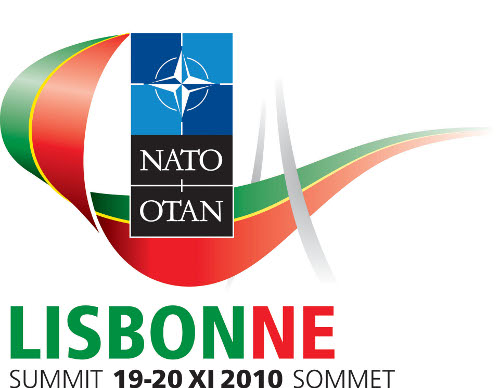The Atlantic Council hosted an excellent discussion on the eve of the NATO Lisbon Summit on the problems facing the alliance. In particular, it focused on the fact that transatlantic security cooperation remains handicapped by issues between Greece and Turkey that continue to block effective NATO/European Union collaboration.
The panelists all appropriately agreed that the future of the transatlantic alliance requires a better relationship between the EU and NATO. They agreed that current and future security problems, starting with Afghanistan, require a “comprehensive approach” that integrates the military and non-military aspects of security. They agreed that the EU has a lot of very helpful non–military assets to contribute. What they did not mention is that the United States and the other non-EU allies, including Canada, have both military and non-military resources that could be deployed to deal with future security challenges. The EU is not the only player on the non-military side of the equation. The question is how most effectively to bring these resources to bear on a collective basis.
Sarwar Kashmeri, an Atlantic Council senior fellow and author of the forthcoming book: “NATO 2.0: Reboot or Delete?” laid a provocative challenge on the table, arguing that the US President should go directly to Baroness Ashton, the EU’s foreign and security policy chief, to build a new bridge between the United States and Europe. The goal would be an outcome that preserves but minimize NATO’s future role, turning over leadership of the alliance largely to the members of the EU.
Former US Ambassador to NATO Robert Hunter and former Supreme Allied Commander Bantz Craddock both agreed that the alliance only works with effective US leadership, but carefully ducked Kashmeri’s specific proposal. They did not address the specifics of the Kashmeri approach, perhaps because they understand that the way to deal with the NATO/EU problem is not for the US to abdicate leadership of the alliance. In fact, they both argued that continuing substantial levels of US troops in Europe help sustain day-to-day cooperation that is so critical to the interoperability that is so essential on future battlefields. They also agreed that all Europeans still look to the alliance led by the United States as the most important source of their security, just as they look to the EU as the key source of their well-being.
At least in this observer’s opinion, anytime the United States attempts to dictate direction to our allies, we encounter opposition not just on the merits of the case but also on national sovereignty and national pride grounds. American presidents have learned over many decades that US leadership of the alliance requires sensible policies and proposals but also sensitive fine tuning to political realities. The American president cannot overcome the NATO/EU problem by talking with an EU official who has not been, and will not any time soon be, given ultimate decision-making power over the security policies of the EU member states.
Over the years, I have argued that one way to produce comprehensive approaches to future security challenges, while preserving the integrity and autonomy of both the EU and NATO as well as national sovereignty, would be to create a new consultative body with all NATO and EU members participating and with the two organizations also at the table. The new framework’s mission would be to develop complementary approaches to future security challenges, bringing both military and non-military resources to bear. Such a body would not replace NATO and the EU, and would not be able to dictate outcomes, but would simply search for possible integrated approaches and coalitions.
My approach faces its own political challenges, but it would avoid the pitfalls of abdicating US leadership of the transatlantic alliance and would create room for comprehensive approaches that are not possible in the confines of either the EU or NATO.
The transatlantic relationship remains critical to US and European interests, as all the panelists agreed, but it can only be improved with US leadership that understands political realities and devises strategies to move those realities in positive directions, one step at a time.
Stanley R. Sloan, author of “Permanent Alliance? NATO and the Transatlantic Bargain from Truman to Obama” (Continuum Books, July 2010), worked on transatlantic security issues in the US Government for over 30 years and now teaches at Middlebury College and lectures widely, including at the NATO College.
This article is part of a New Atlanticist discussion – The 2010 Lisbon Summit: A New Atlanticist Forum – on the Summit’s expectations, areas of focus, and potential outcomes.
Image: Lisbon%20Logo%20500_0.jpg
